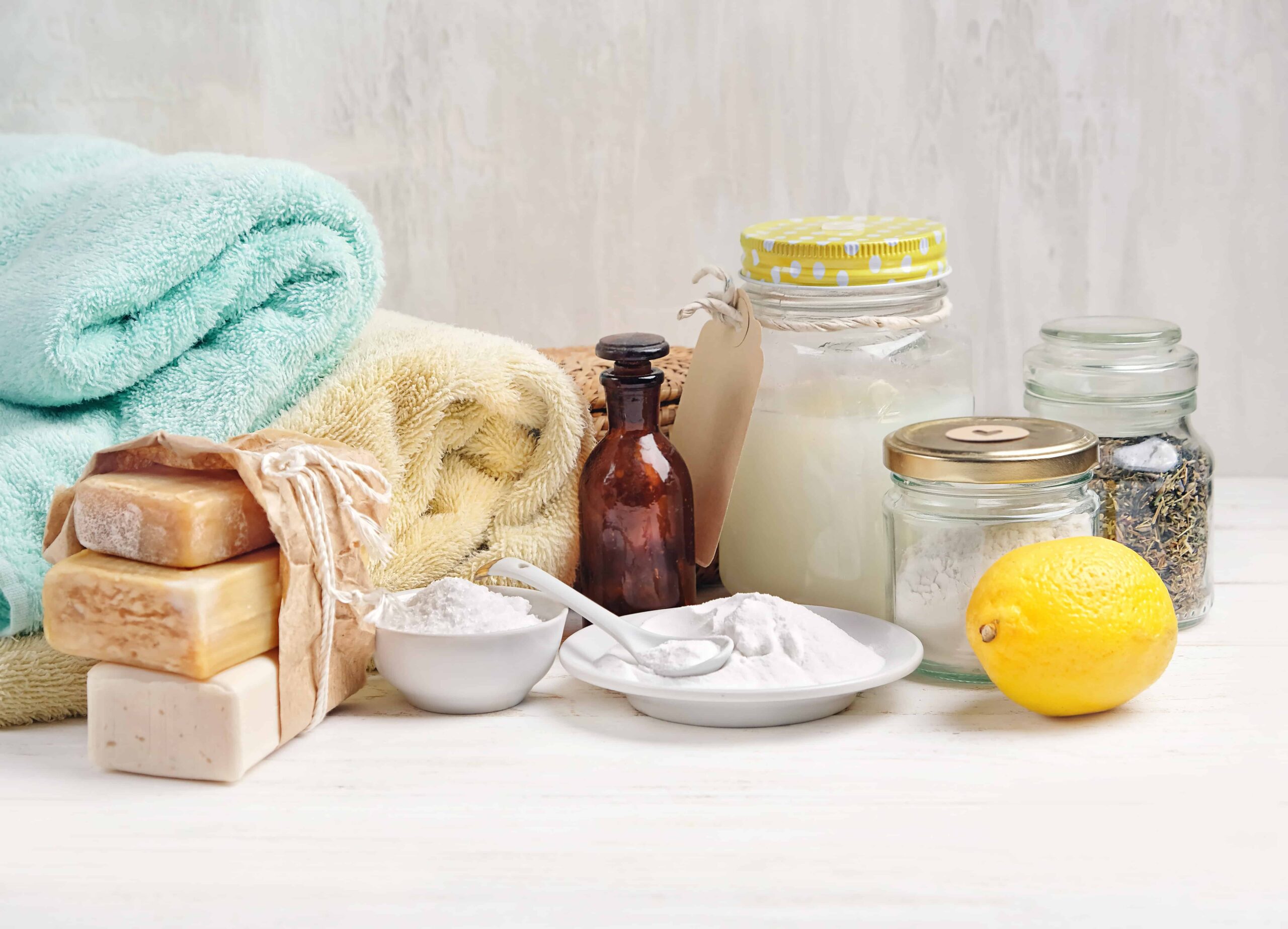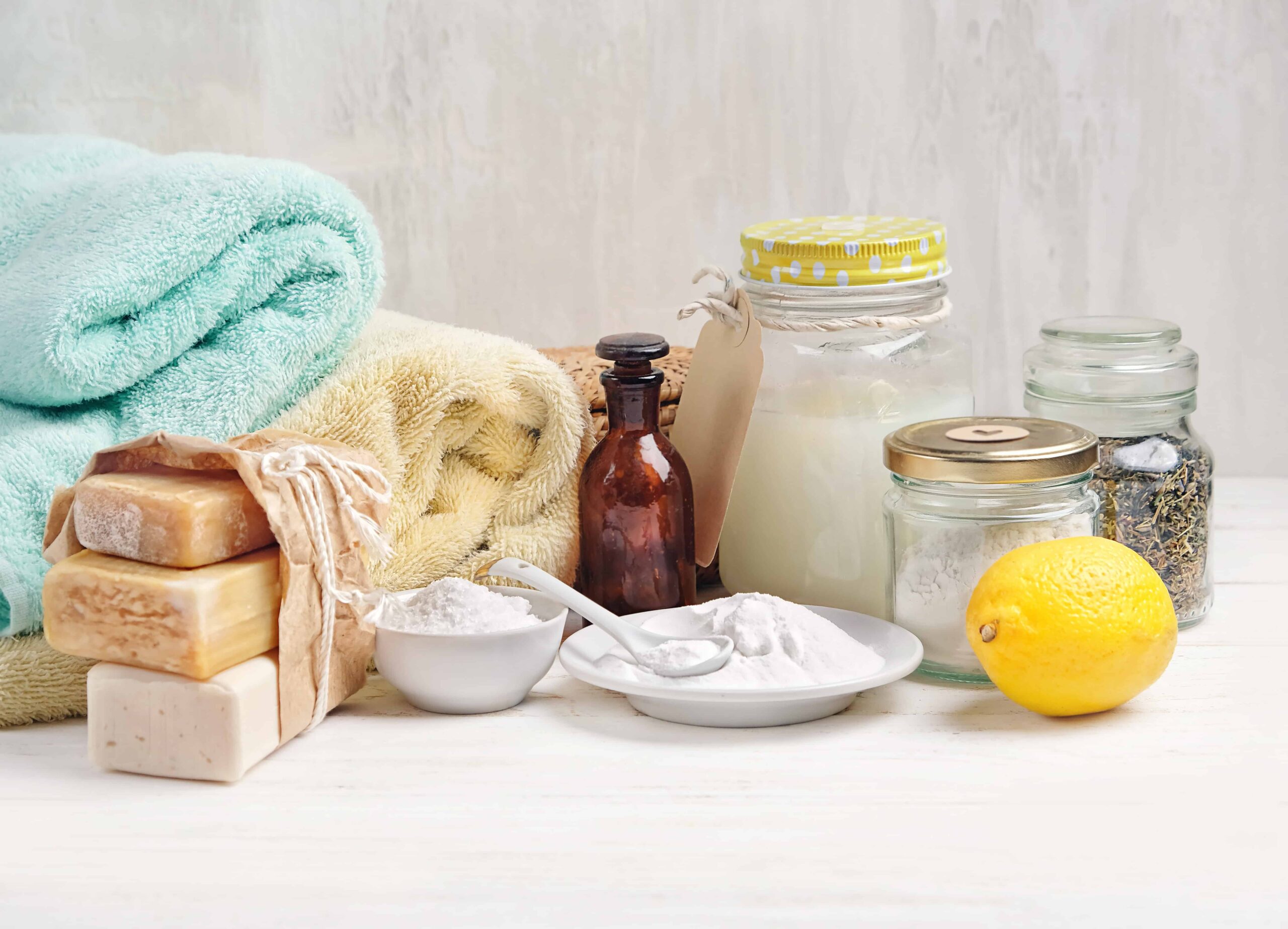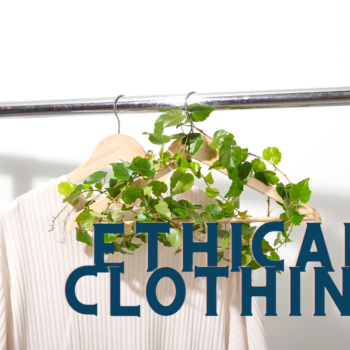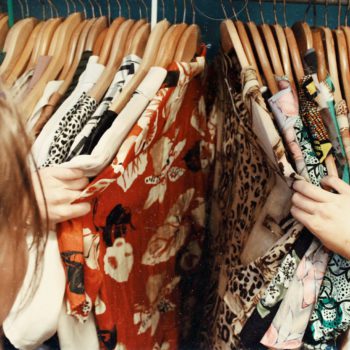|
|
Fabric Softener Alternatives for Natural and Sustainably Soft Fabrics
Discover a journey towards eco-conscious and naturally soft fabrics with our exploration of fabric softener alternatives. Embrace a sustainable lifestyle as we delve into solutions that prioritize the well-being of your garments and contribute to a healthier environment.
Uncover the secrets to naturally achieving softness, leaving behind the environmental concerns of conventional fabric softeners. Join us for gentle fabrics on your skin and the planet.
Why Consider Fabric Softener Alternatives?
Environmental Impact:
Switching to eco-friendly fabric softeners is a key aspect of promoting sustainable living. Traditional fabric softeners often harbor harmful chemicals, posing risks to human health and the environment.
Amidst the debate on declining fabric softener sales, the consensus is clear: fabric softeners are not universally considered “clean” products. Health and wellness research reveals harmful ingredients, including benzyl acetate linked to pancreatic cancer, benzyl alcohol causing respiratory irritation, and limonene, identified as a carcinogen.
Other concerning components include chloroform, fragrances, and quaternary ammonium compounds, raising health and skin irritation risks. Choosing alternatives becomes vital for those seeking to avoid these potential health hazards.
Natural Ingredients:
Eco-friendly fabric softeners distinguish themselves by utilizing natural ingredients such as plant-based oils. This effectively softens fabrics and contributes to reducing the overall ecological footprint.
Biodegradability:
Eco-friendly fabric softeners present an additional notable advantage due to their biodegradability, which contributes significantly to environmental sustainability. Research indicates that these products are formulated with ingredients that can naturally break down over time, reducing the persistence of their impact on the environment.
Unlike conventional fabric softeners, which may contain synthetic chemicals that linger in ecosystems, the biodegradability of eco-friendly options minimizes long-term harm to the environment. This property aligns with the principles of ecological responsibility and supports the overall health of ecosystems.
Textile Industry Impact:
The textile industry’s significant contribution to pollution through chemical discharges underscores the need for sustainable solutions. Eco-friendly fabric softeners, formulated with environmentally conscious ingredients, reduce the overall environmental impact of textile production and align with circular economy principles.
EPA Recommendations:
Environmental Protection Agency (EPA) reports emphasize the importance of choosing products with reduced environmental impact for sustainable living.
Consumer Benefits:
Opting for eco-friendly fabric softeners allows consumers to lower their carbon footprint and supports environmentally responsible practices within their households.
Types of Fabric Softener Alternatives
Several types of fabric softener alternatives align with eco-friendly and sustainable practices. Natural fabric softeners utilize plant-based ingredients such as essential oils and are biodegradable. Eco-friendly liquid fabric softeners are made from environmentally friendly materials and suitable for high-efficiency washers.
Sustainable dryer sheets are another option for soft clothes without conventional fabric softeners. These reusable sheets are designed to reduce static cling and leave clothes feeling soft and fresh.
Choosing the Best Fabric Softener for Sensitive Skin
For individuals with sensitive skin, opting for fabric softeners that are non-toxic and gentle on the skin is essential. Various non-toxic options are specifically formulated for sensitive skin, providing a soothing fabric-softening experience without causing skin irritation.
When selecting fabric softeners for sensitive skin, avoiding ingredients that may trigger skin reactions is crucial. Harsh chemicals, artificial fragrances, and dyes are common culprits that should be avoided to prevent skin irritation and allergic reactions.
How to Achieve Soft Clothes Without Conventional Fabric Softeners
There are alternative laundry detergent products available in the market that are designed to provide fabric softening benefits while being gentle on the environment. These eco-friendly laundry detergents utilize natural ingredients to soften fabrics without the need for additional fabric softeners.
Reducing static cling using natural methods is an effective way to achieve soft clothes without conventional fabric softeners. Simple tips, such as drying clothes on a lower heat setting or using wool dryer balls to reduce static, can contribute to softer and static-free laundry.
DIY fabric softener options using household ingredients offer a cost-effective and sustainable approach to achieving soft clothes without conventional fabric softeners. Ingredients such as white vinegar, baking soda, and essential oils can be combined to create homemade fabric softeners that leave clothes feeling soft and fresh.
List of Fabric Softener Alternatives for Sustainably Soft Fabrics
White Vinegar
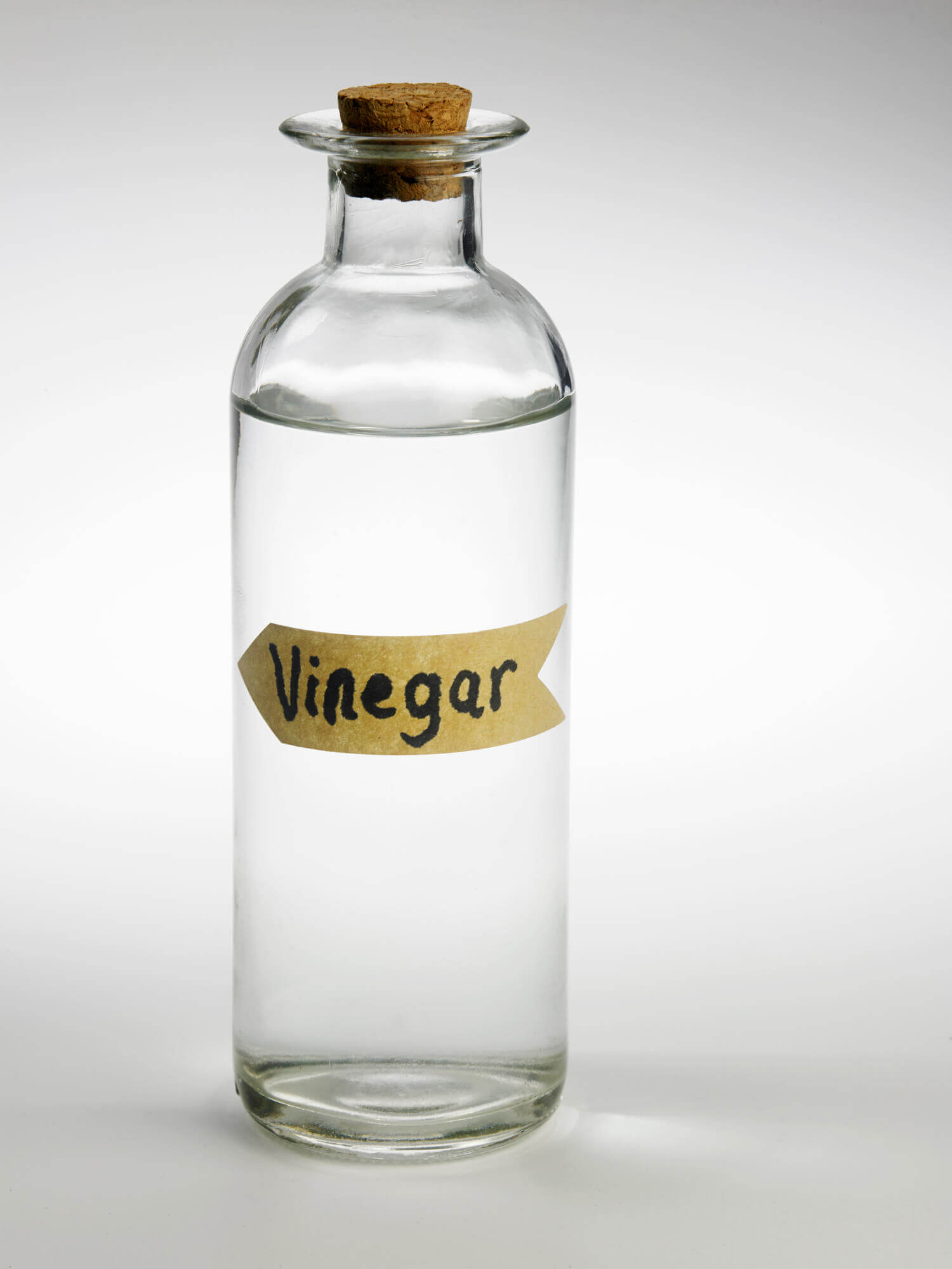
Distilled white vinegar is a versatile, budget-friendly, non-toxic cleaner and natural fabric softener. Add half a cup to your washing machine’s fabric softener dispenser, or use a fabric softener ball. You can also introduce the vinegar directly into the final rinse cycle.
This eco-friendly method ensures cleaner, softer, and fresher-smelling laundry without commercial fabric softeners, promoting sustainable and non-toxic living practices. Embrace the natural wonders of distilled white vinegar for enhanced cleaning and laundry experiences.
Organic Essential Oils

If you’re reluctant to part with fabric softener because you enjoy the fragrance, pair organic essential oils with wool dryer balls or other natural fabric softeners. Include 5-10 drops of your preferred oil to infuse a delightful and non-toxic scent into your laundry.
When selecting essential oils, opt for organic and/or wildcrafted 100% pure essential oils that have undergone steam distillation or extraction without chemical solvents.
Soap Nuts

Soap nuts are an excellent eco-friendly option as they harness natural saponins to clean clothes while serving as a natural fabric softener.
To integrate soap nuts into your laundry routine, take 4-5 soap nuts and secure them in a cotton bag. Launder your clothes as you typically would, and let the soap nuts work their magic.
This contributes to a sustainable and chemical-free laundry process and ensures your clothes come out clean, fresh, and naturally softened. Embrace the simplicity and effectiveness of soap nuts for a greener and gentler approach to caring for your garments.
Vegetable Glycerin
Here’s a useful tip for those who like making skin care products or soap and have vegetable glycerin. You can easily turn vegetable glycerin into a fabric softener. Just mix 1/2 cup of glycerin with 1 gallon of water. Add a few drops of essential oils if you want a nice scent.
You have options to use this DIY fabric softener. Add 1/2 cup of the glycerin solution directly to the rinse cycle, use it in your fabric softener dispenser, or put it in a fabric softener ball. This homemade fabric softener makes clothes softer and is a natural, skin-friendly alternative to store-bought ones.
Wool Dry Balls

Choose wool dryer balls as your natural fabric softener to make laundry easier and better. These balls help your clothes dry faster, saving you time, energy, and money. They also protect your clothes by using lower heat and reducing drying time. With wool dryer balls, you’ll have fewer wrinkles, less static, and softer clothes, linens, and bedsheets.
They even work well with towels and cloth diapers, keeping them absorbent. These balls are safe, without chemicals or fragrances, so they won’t harm your clothes or make them more flammable.
Baking Soda

Baking soda is a great and affordable natural cleaner, just like vinegar. It’s also an excellent fabric softener.
To use baking soda as a fabric softener, add 1 cup directly to the rinse cycle. You can add it at the beginning of the wash cycle, and it will still work. Follow your regular laundry routine, and enjoy softer and fresher-smelling clothes without commercial fabric softeners.
Baking soda is a versatile, eco-friendly option for keeping your home clean and cozy. Try using baking soda for both cleaning and softening your laundry, embracing a natural and cost-effective approach to laundry care.
Epsom Salt and Baking Soda

Epsom salts, known for their versatility in detox baths and soothing muscle strains, are an excellent alternative as a fabric softener, contributing to an all-natural and eco-friendly laundry routine.
To harness the fabric-softening properties of Epsom salts, create a simple mixture by combining 2 cups of Epsom salts with 1/2 a cup of baking soda. When added to your regular wash cycle, this concoction not only helps clean your clothes effectively but also imparts a natural softness to the fabrics.
Combining Epsom salts and baking soda ensures your laundry experience goes beyond cleanliness, promoting a gentle and chemical-free approach to fabric care. Embrace the holistic benefits of Epsom salts in your laundry routine, enhancing the softness of your clothes and the overall well-being of your garments.
Frequently Asked Questions
What are some eco-friendly fabric softener alternatives?
Some eco-friendly fabric softener alternatives include vinegar, wool dryer balls, and homemade fabric softener using natural ingredients like essential oils and baking soda.
How can I make my clothes feel softer without using conventional fabric softeners?
You can make your clothes feel softer by using eco-friendly fabric softener sheets and fabric softener pods or adding a cup of baking soda to the laundry during the rinse cycle.
Are there any non-toxic fabric softener options available in the market?
Yes, many fabric softeners are available that are non-toxic and environmentally friendly, designed to leave your clothes feeling soft without harsh chemicals.
Can fabric softeners be used in a washing machine’s fabric softener dispenser?
Yes, eco-friendly fabric softeners can be used in a washing machine’s fabric softener dispenser, offering a sustainable and natural way to soften clothes.
Why should I consider using fabric softener alternatives?
Using fabric softener alternatives is beneficial as it helps sustain the environment, reduces chemical exposure, and promotes eco-friendly laundry practices.
What are the characteristics of a sustainable fabric softener?
A sustainable fabric softener is made from natural ingredients, is biodegradable, non-toxic, and does not harm the environment when disposed of.
Are fabric softener alternatives suitable for sensitive skin?
Yes, fabric softener alternatives are suitable for sensitive skin as they often do not contain harsh chemicals or synthetic fragrances that can irritate the skin.
Conclusion
In conclusion, exploring fabric softener alternatives for achieving natural and sustainably soft fabrics is a commendable journey towards a more eco-conscious and health-oriented lifestyle. The shift towards these alternatives promotes the well-being of both individuals and the environment and aligns with the growing global commitment to sustainable living practices.
By prioritizing natural ingredients and biodegradability and reducing the environmental impact, individuals contribute to a greener future, fostering a harmonious balance between comfort, health, and ecological responsibility.
